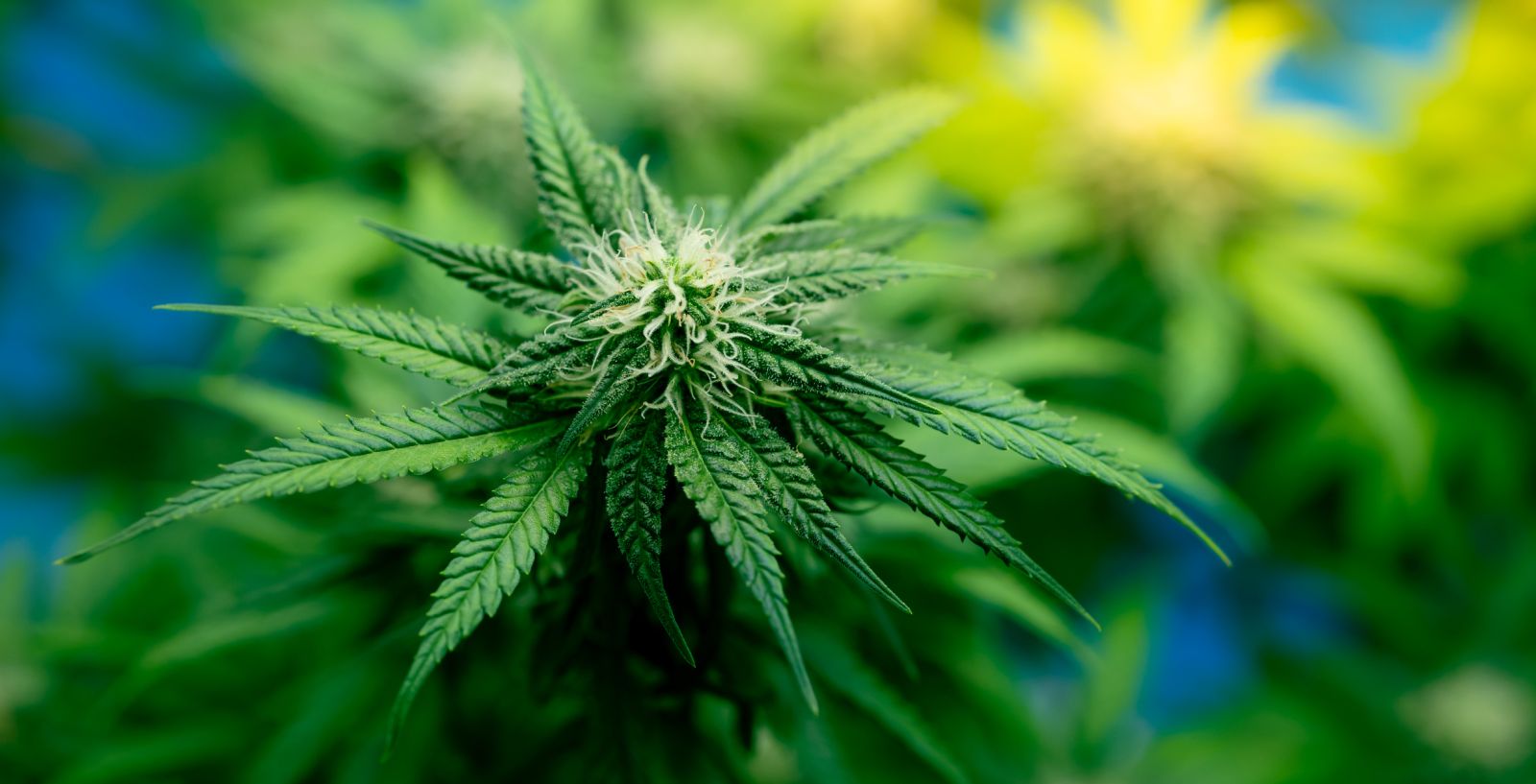Does Cannabis Use Impact Type 1 Diabetes?
By Matthew Garza
 People with type 1 diabetes can use cannabis safely, but it also causes an increased risk for diabetic ketoacidosis and a newly identified condition that mimics the symptoms of DKA.
People with type 1 diabetes can use cannabis safely, but it also causes an increased risk for diabetic ketoacidosis and a newly identified condition that mimics the symptoms of DKA.
Diabetes management and glucose levels can be impacted by many factors. Everything from the food you eat to physical activity, sleep, and stress can influence blood sugar levels.
Cannabis (also known as weed or marijuana) is one of these factors. While recreational or legalized medical marijuana products can be used safely, it’s important to be aware of how they can impact your health. Though the research is limited, there is evidence that cannabis use can have negative effects on people with type 1 diabetes.
Using cannabis may increase a person’s risk for diabetes-related complications like diabetic ketoacidosis (DKA) and another condition with similar symptoms called hyperglycemic ketosis cannabis hyperemesis syndrome (HK-CHS).
HK-CHS affects a person’s gastrointestinal system, which causes nausea and vomiting, followed by ketosis, and then hyperglycemia (the reverse of DKA).
Cannabis use and DKA
Dr. Halis Akturk and other researchers out of Colorado – the first U.S. state to legalize recreational cannabis use – have been studying the effects of cannabis in people with type 1 diabetes for several years.
In one study using data from the T1D Exchange Registry, researchers examined the risk for DKA in cannabis users with type 1 diabetes. They found that moderate marijuana use in participants with type 1 diabetes had a 2-3 times higher risk for DKA compared to those who did not use cannabis.
DKA is a diabetes complication that can occur when a person doesn’t have enough insulin. Since there isn’t enough insulin to utilize glucose in the bloodstream, the body breaks down fat into high levels of ketones for energy.
Because ketones are acidic molecules, high levels can make the blood acidic. This prevents the body’s processes from working normally and can be life-threatening.
Symptoms of DKA may include nausea, vomiting, abdominal pain, lethargy, and even coma. Hyperglycemia (high blood sugar levels) may or may not be present in DKA.
Researchers speculate that the increased risk for DKA in cannabis users may be due to a number of factors, one of which is delayed gastric emptying – which means that it takes longer for food to pass through your stomach.
Cannabis use and HK-CHS
During their research, Akturk and his team started to notice another condition – HK-CHS – develop, especially in heavy cannabis users. HK-CHS has similar symptoms to DKA, but they often present “out-of-order.” HK-CHS also requires different treatment.
In DKA, symptoms usually begin with hyperglycemia followed by nausea and vomiting. However, with HK-CHS, heavy cannabis users experience nausea and vomiting (especially in the morning), which causes ketosis, and is followed by hyperglycemia.
In HK-CHS, the order of symptoms is reversed and the person has elevated blood ketones (ketosis), though not at as high a level as DKA.
DKA vs. HK-CHS: how to tell the difference
If you’re experiencing symptoms similar to DKA and use cannabis, it’s important that you advocate for your healthcare team to run specific tests that can help diagnose whether you have DKA or HK-CHS.
Your healthcare team should test the venous pH (acid-base profile) and bicarbonate levels in your blood, along with blood ketones (beta-hydroxybutyrate).
The following diagnostic criteria were described by Akturk and his team for diagnosing HK-CHS:
.png)
Recommendations for treating HK-CHS in a clinical setting will most likely involve increasing fluids, using insulin to treat hyperglycemia, and correcting any abnormalities with your electrolytes.
This will help normalize blood glucose levels and stabilize your gastrointestinal system. Your healthcare team will also most likely recommend stopping cannabis use permanently.
Recommendations for people with type 1 diabetes who use cannabis
-
Closely monitor your blood sugar levels before, during, and after using cannabis as side effects (like gastric emptying) can affect blood glucose and cause hyperglycemia. Monitor your blood ketone levels as well, especially if you are experiencing hyperglycemia.
-
Be honest with your healthcare team about any marijuana use and discuss whether you should make adjustments to your eating habits, exercise, or medication regimen as a result.
-
Be sure that your loved ones know the signs of DKA and HK-CHS in case of an emergency.
-
If you have to go to an emergency department because of severe vomiting and hyperglycemia, be sure to disclose if you use medical or recreational cannabis. This will help ensure healthcare providers can make the proper diagnosis and provide appropriate treatment. Be sure to follow any instructions after leaving the emergency department as well.
Editor’s note: diaTribe does not promote the use of cannabis. diaTribe encourages individuals to follow all state and local laws regarding recreational and medical cannabis use and consult with a medical professional before using cannabis. This article is for educational purposes only.








